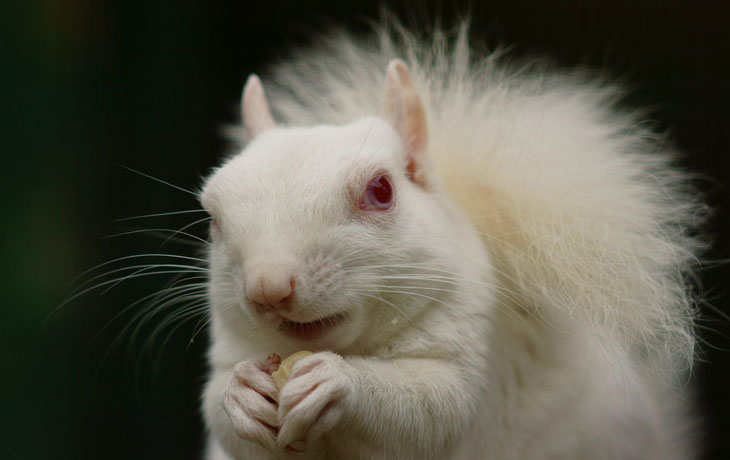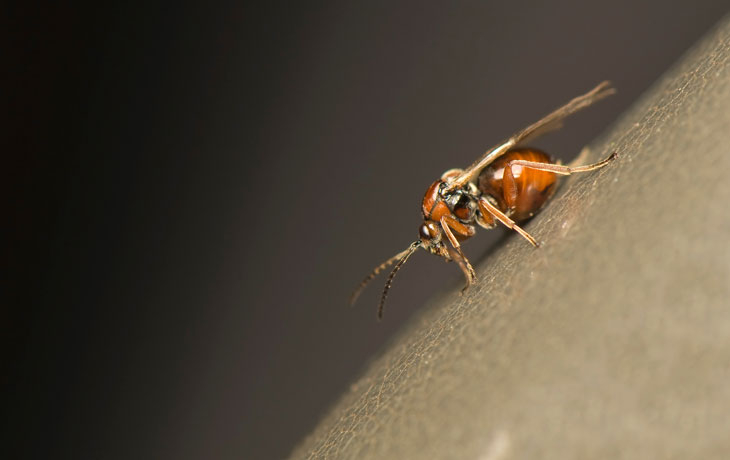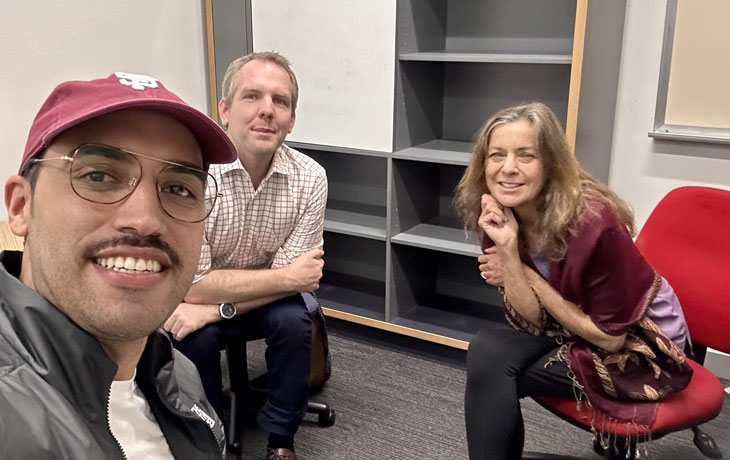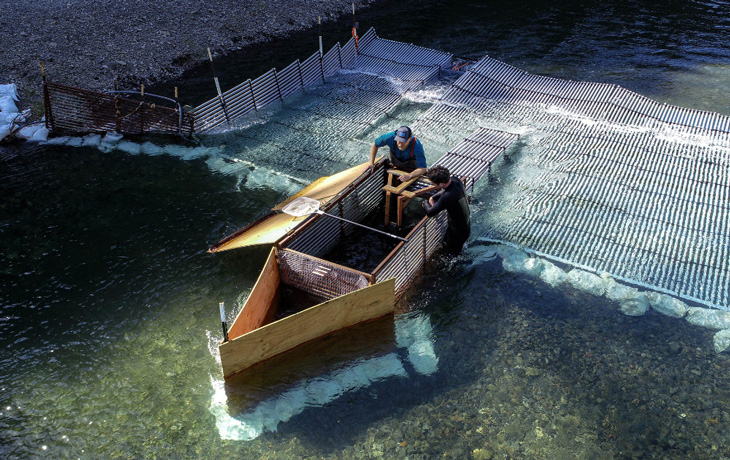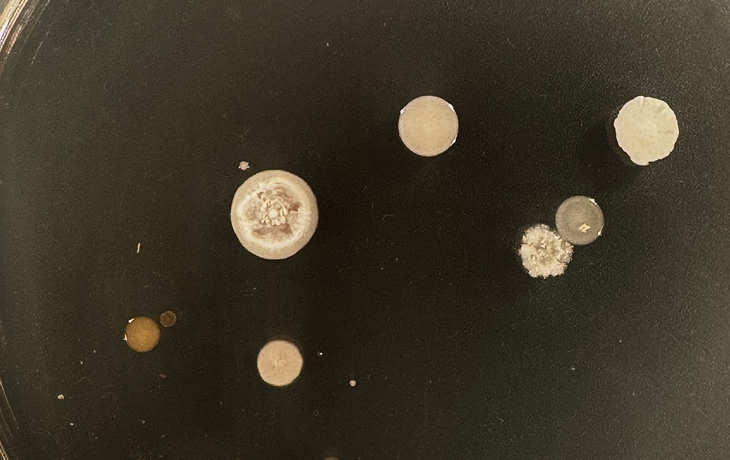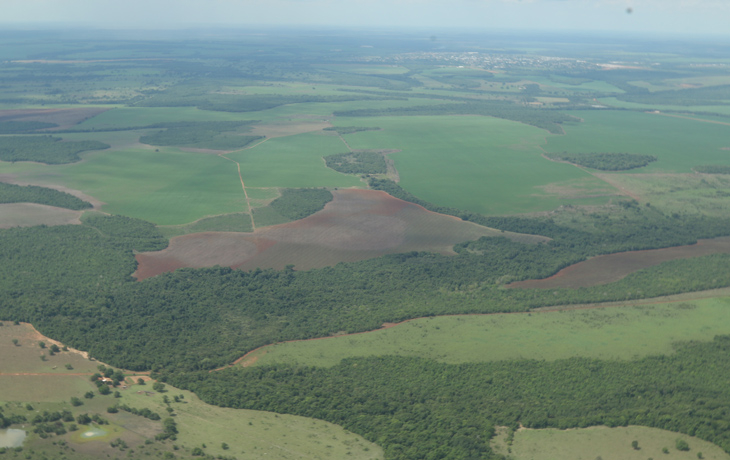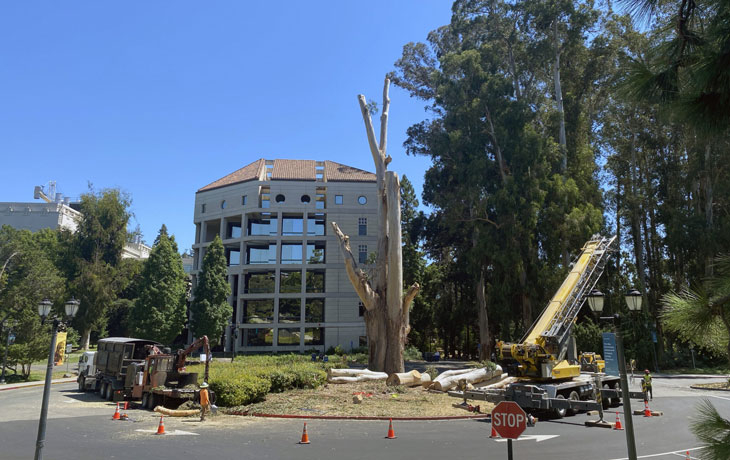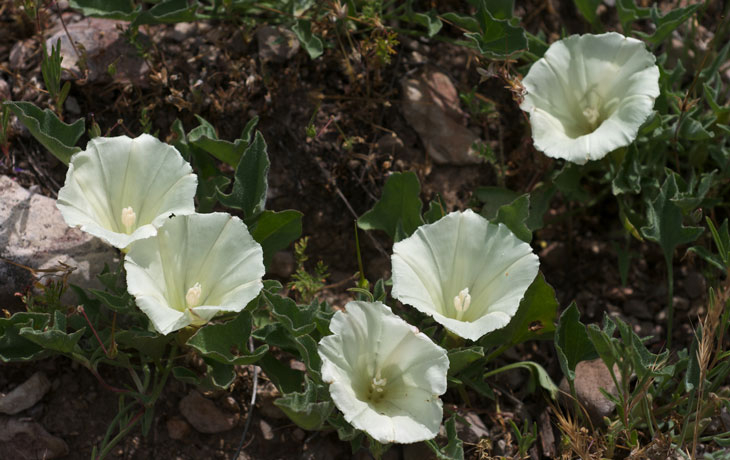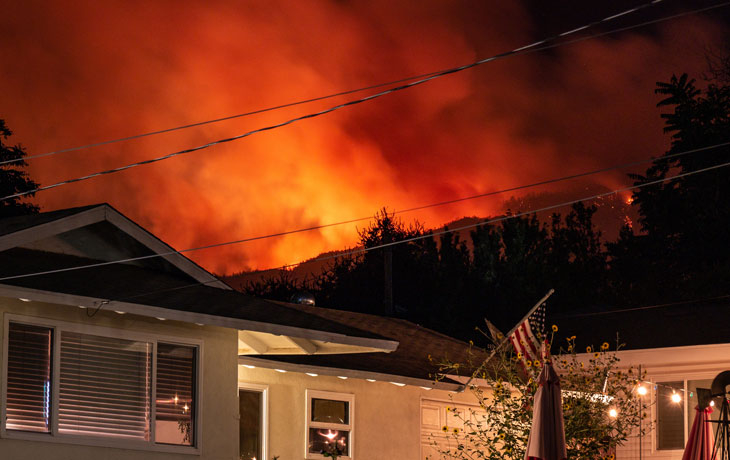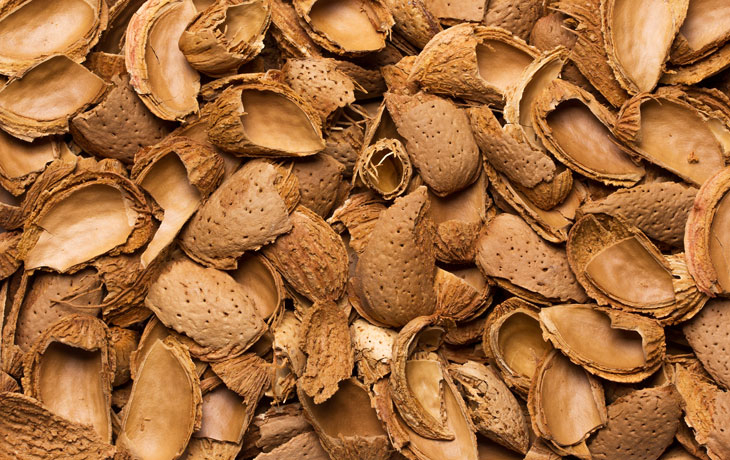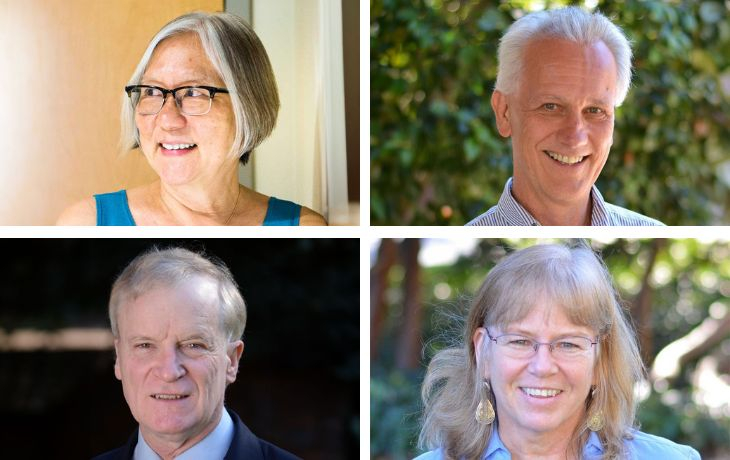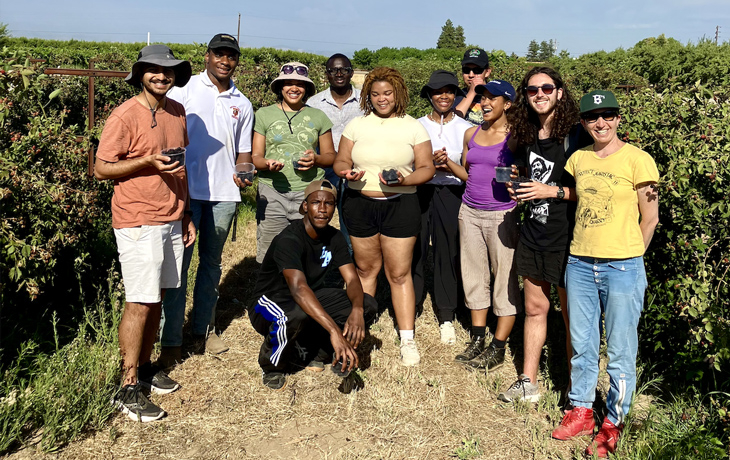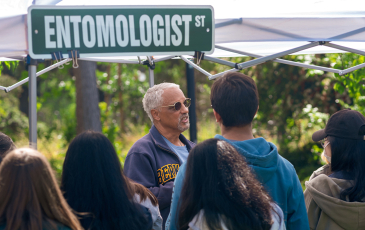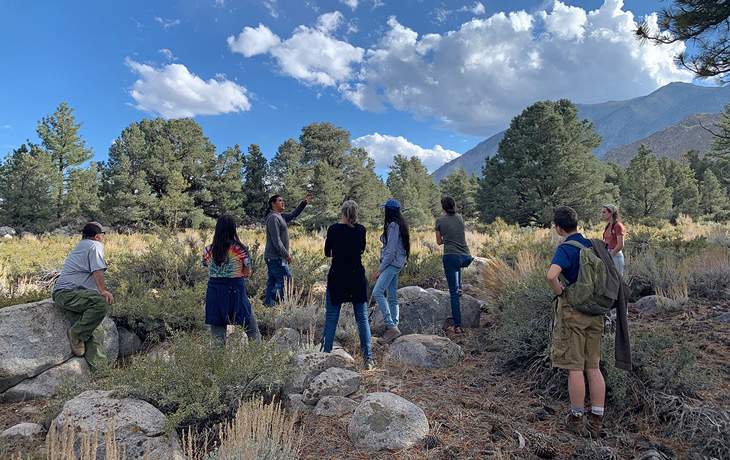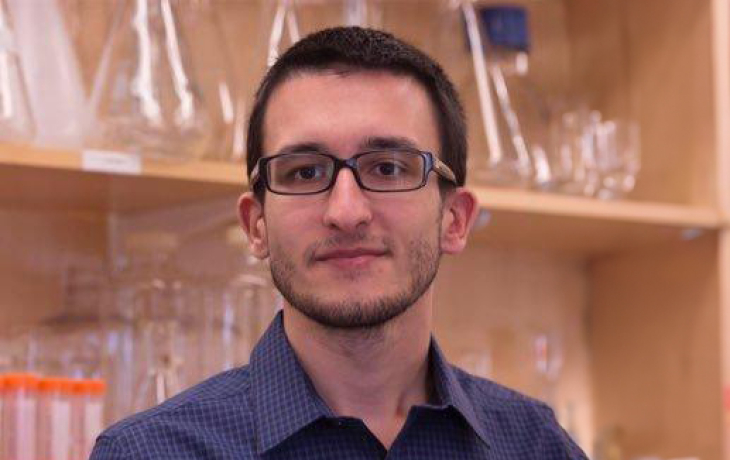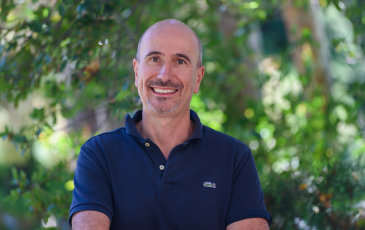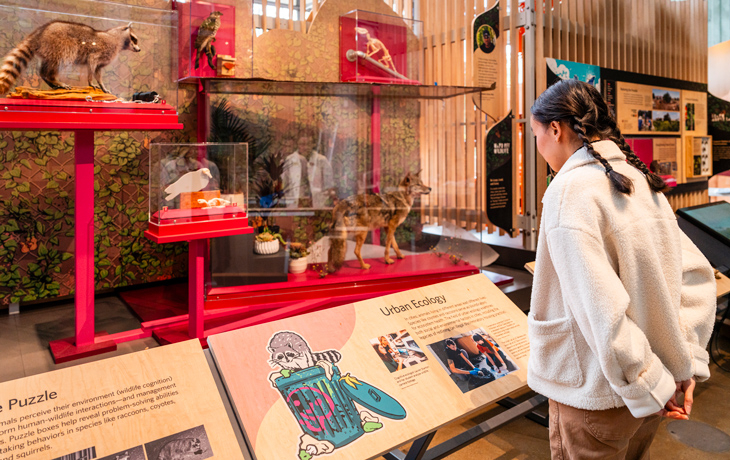From albino squirrels to black coyotes, urban wildlife with unique color variations reveal the role of human bias in wildlife conservation.
What wasps can teach us about engineering plants
Professor Patrick Shih and graduate student Kasey Markel’s studies of how Cynipid wasps reprogram oak trees may hold clues to new methods of engineering plants.
Shaping our understanding of microbial communities
Recent research led by Luis Valentin-Alvarado, PhD ’23 Microbial Biology, identifies a novel group of Asgard archaea and offers new insight into their distribution and function.
Planning for climate resilience in California’s freshwater ecosystems
A new perspective paper co-authored by UC Berkeley researchers highlights the complex interactions of climate and non-climate stressors on California’s freshwater ecosystems.
Manipulating microbial communities with vitamins
A pair of new papers from the Taga lab furthers scientific understanding of microbial interactions in a California grassland soil.
Olympians among us
Rausser College of Natural Resources cheers on five current or former students who are competing at the 2024 Summer Games in Paris.
Reforestation is more cost-effective than previously thought
A new study co-authored by Professor Matthew Potts sheds new light on reforestation and its untapped potential as a powerful and responsive climate strategy.
Large eucalyptus tree in West Circle is removed
The large eucalyptus, which cracked an important underground culvert, will be replaced with cherry trees later this year.
A new tool for climate resilience in California
Adjunct professor Patrick Gonzalez and other UC Berkeley affiliates have launched the Seeds of Change spatial tool to help parks and protected areas in California select climate-resilient plant seeds.
The ‘winner’s curse:’ a hidden factor in California’s insurance crisis
Turning agricultural trash into treasure
Energy and Bioscience Institute researcher Corinne Scown is co-leading a new project to help farmers, biomanufacturers, and community leaders in the Northern San Joaquin Valley build up a bioeconomy.
Rausser College recognizes four retiring faculty
The College congratulates professors Inez Fung, Nick Mills, Nancy Peluso, and Brian Wright on their retirement from UC Berkeley.
The first study to measure toxic metals in tampons
A new study co-authored by postdoctoral researcher Jenni Shearston shows arsenic, lead, and other contaminants in the feminine hygiene products.
HBCU-Berkeley Environmental Scholars visit KARE
Students in the HBCU-Berkeley Environmental Scholars for Change Program got a taste of California agriculture during a recent visit to the Kearney Agricultural Research and Extension Center in Parlier, California.
Vernard Lewis honored by Pest Control Operators of California
Lewis, a world-renowned termite expert and professor emerit of Cooperative Extension, received the organization’s Harvey Logan Lifetime Achievement Award.
Improving the resilience of California’s pinyon-juniper woodlands
ESPM professor Miranda Redmond is leading a collaborative research project aimed at expanding Indigenous forest stewardship of the culturally important woodland ecosystems.
Unveiling the hidden culprits of air pollution in Los Angeles
A new study led by UC Berkeley researchers found that trees and plants play an important role in the formation of summertime air pollution in the region.
Güneş Parlakgül receives 2024 Career Award for Medical Scientists
The adjunct assistant professor in NST will receive funding to support research on the role of endoplasmic reticulum structure in fatty liver disease.
Paolo D’Odorico awarded international water prize
The ESPM professor was awarded the Prince Sultan Bin Abdulaziz International Prize for Water, which recognizes cutting-edge innovation in water research.
UC Berkeley ecologists featured in new Cal Academy exhibit
A new urban ecology exhibit at the California Academy of Sciences in San Francisco spotlights research from ESPM professor Christopher Schell and postdocs Lauren Stanton and Christine Wilkinson.

